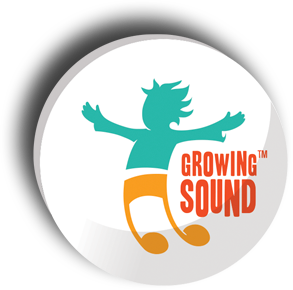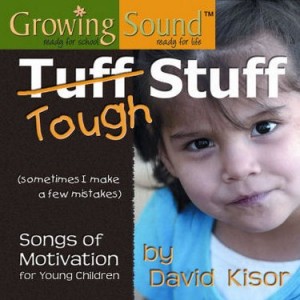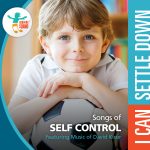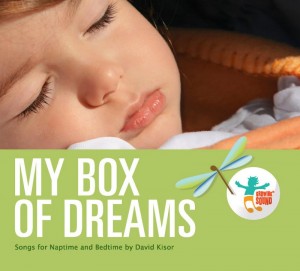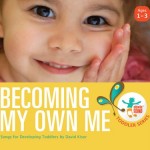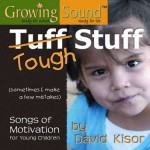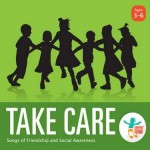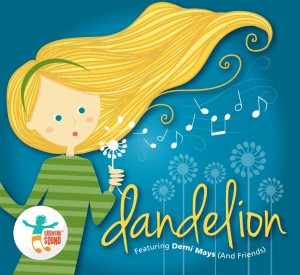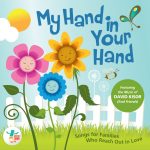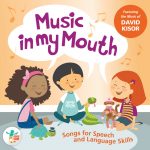
The Role of Perseverance in Child Development
Perseverance, also known as grit, is the ability to push forward towards one’s goals regardless of potential obstacles. It plays a crucial role in the development of resilience, which is the capacity to cope with setbacks and adapt to new situations. According to Stanford psychology professor Carol Dweck, when children are praised for their hard work, strategies, focus, and persistence, they become better learners and are more likely to take on challenges and thrive in the face of difficulty.
The Connection Between Perseverance and Academic Success
Research conducted by Angela Lee Duckworth, a professor at the University of Pennsylvania, found that grit could be a key indicator of later success. Students who self-reported the most grit were more likely to graduate high school compared to those who rated themselves lower on the Grit Scale. Encouraging perseverance in children’s music can help develop this crucial trait, contributing to their overall academic success.
Nurturing Emotional Development
Perseverance also plays a vital role in nurturing emotional development in children. Clinical child psychologist Professor Jennifer McIntosh states that teaching children about failure and the real world is essential for their emotional growth. By exposing children to challenges and encouraging them to persevere, parents and educators can help them learn to manage a full range of emotions, from joy to fear.
- Mastering Musical Instruments – Learning to play a musical instrument requires dedication, patience, and perseverance. Like any complex skill, musical proficiency comes with practice and the willingness to overcome challenges. Encouraging children to stick with their instrument, even when they face difficulties, can help them develop a strong sense of perseverance and ultimately master their chosen instrument.
- Understanding Complex Musical Concepts – Music education involves learning complex concepts such as rhythm, pitch, harmony, and dynamics. Grasping these ideas can be challenging for children, but with perseverance, they can develop a deep understanding of music theory and improve their overall musicianship.
- Developing Discipline and Motivation – Perseverance in children’s music helps develop discipline and motivation, as consistent practice and goal-setting are essential for musical growth. Encouraging children to set achievable goals and work towards them can foster a strong work ethic, determination, and self-motivation.
Encouraging Perseverance in Children’s Music Education
- Praising the Process – Carol Dweck’s research suggests that praising children for their hard work, strategies, focus, and persistence can help cultivate a growth mindset and a desire for challenges. Parents and educators should prioritize acknowledging children’s efforts in their music education, rather than focusing solely on their innate talent or intelligence.
- Providing Opportunities for Challenge – Children should be given opportunities to take on challenges in their music education, whether it’s learning a new piece, mastering a challenging technique, or performing in front of an audience. By exposing children to these challenges, parents and educators can help them develop the perseverance necessary to overcome setbacks and grow as musicians and individuals.
- Allowing Room for Failure – It’s essential to let children fail from time to time and teach them how to manage their feelings of disappointment and frustration. This can help them develop resilience, learn problem-solving skills, and gain confidence in their abilities.
- Sharing Stories of Perseverance – Parents can share stories of famous musicians and their journeys to success, highlighting the challenges they faced and their perseverance in overcoming them. This can help children understand the importance of hard work and determination in achieving their musical goals.
- Offering Support and Encouragement – Parents and educators should provide ongoing support and encouragement to children as they navigate the challenges of their music education. This can include offering guidance, resources, and constructive feedback to help them grow and develop their perseverance.
The Long-Term Benefits of Perseverance in Children’s Music
- Enhanced Academic Performance – Perseverance in children’s music can contribute to improved academic performance, as the skills and traits developed through music education, such as discipline, focus, and problem-solving, can be applied to other areas of learning.
- Improved Social and Emotional Skills – Children who develop perseverance through their music education can also experience improved social and emotional skills. They learn to handle setbacks, manage their emotions, and work collaboratively with others, all of which are essential for personal and professional success.
- Increased Self-Confidence and Self-Esteem – Perseverance in children’s music can help boost self-confidence and self-esteem, as children learn to overcome challenges and achieve their goals. This increased confidence can have a positive impact on various aspects of their lives, from academics to social interactions.
Perseverance is a crucial trait for children’s intellectual growth and overall development. In the context of children’s music, it plays a vital role in mastering musical instruments, understanding complex musical concepts, and developing discipline and motivation. By encouraging perseverance in children’s music education, parents and educators can help them develop essential skills and traits that will benefit them throughout their lives.
We Suggest
Growing Sound’s Music is Based on the Latest Research in Social & Emotional Development.
We have received numerous awards for our products including Mom’s Choice Award, Parent’s Choice Award, Teachers Choice Award, Creative Child Magazine Award, Family Review Center Awards, Oppenheim Award, and more.
Click on an Collection To Listen To the Music!
Who You’ll Be Someday:
Songs and Stories for
Naptime and Bedtime
Ages 0-4
Contact us for more information!
